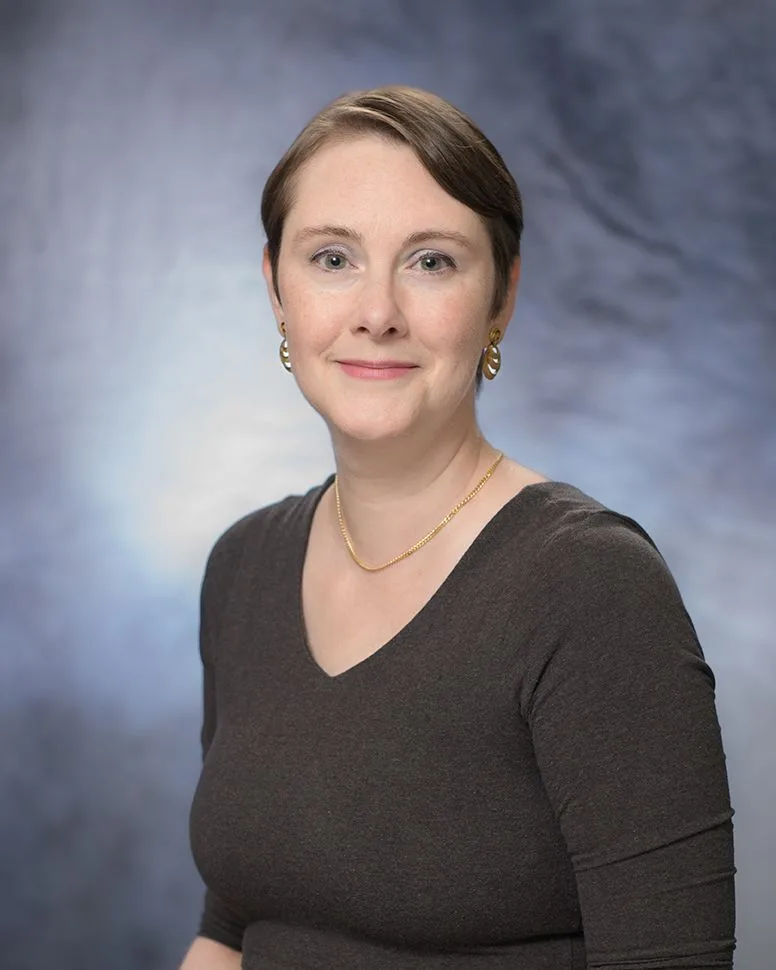
It is with deep sadness that we remember Amy Marshall‑Colon, an extraordinary scientist and cherished colleague at CABBI and the University of Illinois Urbana‑Champaign, whose contributions to plant systems biology and bioenergy research left a lasting legacy.
Amy was a valued member of the Center for Advanced Bioenergy and Bioproducts Innovation (CABBI). Her collaborative spirit enriched many interdisciplinary efforts, including her vital contributions to the Department of Plant Biology, the School of Integrative Biology, the Realizing Increased Photosynthetic Efficiency (RIPE) Project, the Institute for Sustainability, Energy, and the Environment, and the Photosynthesis and Food Security theme at the Carl R. Woese Institute for Genomic Biology.
She championed a systems-oriented approach, building integrative multiscale models that connected genomic, transcriptomic, and metabolomic data. Her work probed how plant genes respond to environmental stressors — drought, heat, nutrient fluctuations — to elucidate mechanisms behind traits like nitrogen use efficiency and biomass yield. Her recent publication in The Plant Journal, titled “Cell‑type‑specific transcriptomics uncovers spatial regulatory networks in bioenergy sorghum stems,” exemplifies her leadership in tying cell‑level transcriptional dynamics to agronomically important traits like sorghum biomass accumulation.
Beyond her scientific impact, Amy was a generous mentor and an advocate for early career faculty. She contributed to multiple cross‑theme teams at CABBI and the University, nurturing a spirit of curiosity, rigor, and open inquiry in her lab and beyond.
Amy’s passing is a profound loss to the bioenergy and plant systems biology community. Her work not only advanced the field but also inspired those around her to push scientific boundaries with integrity and compassion. We remember Amy as a gifted researcher, an inspiring mentor, and a collaborative spirit within CABBI and the broader scientific community. Her presence and work touched many lives; her memory will guide future generations of scientists.